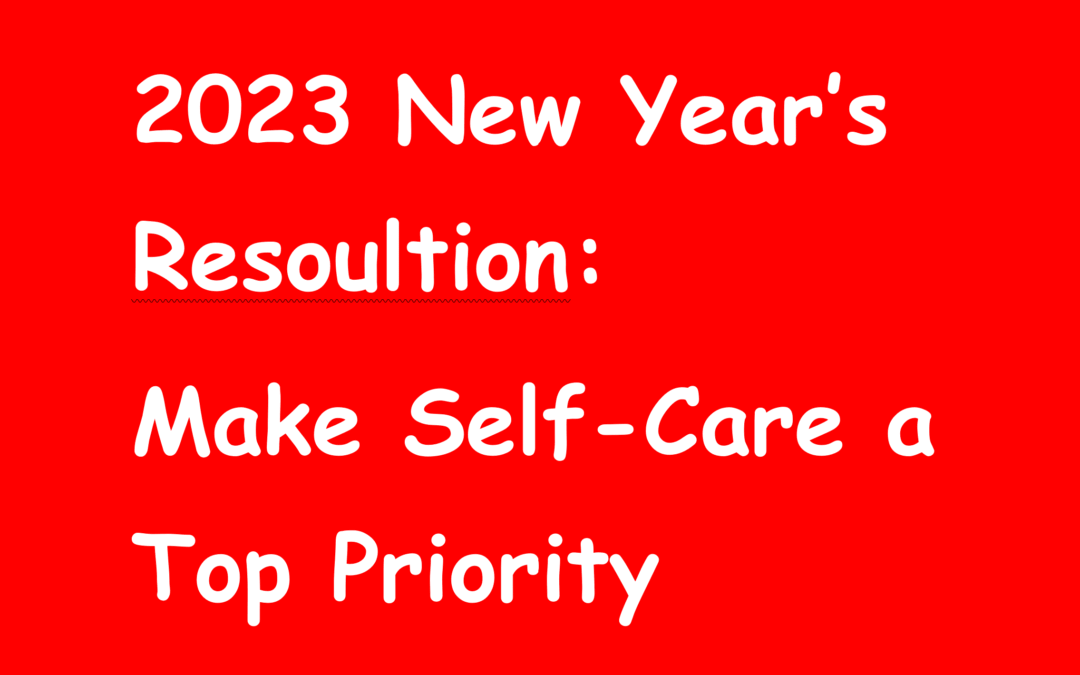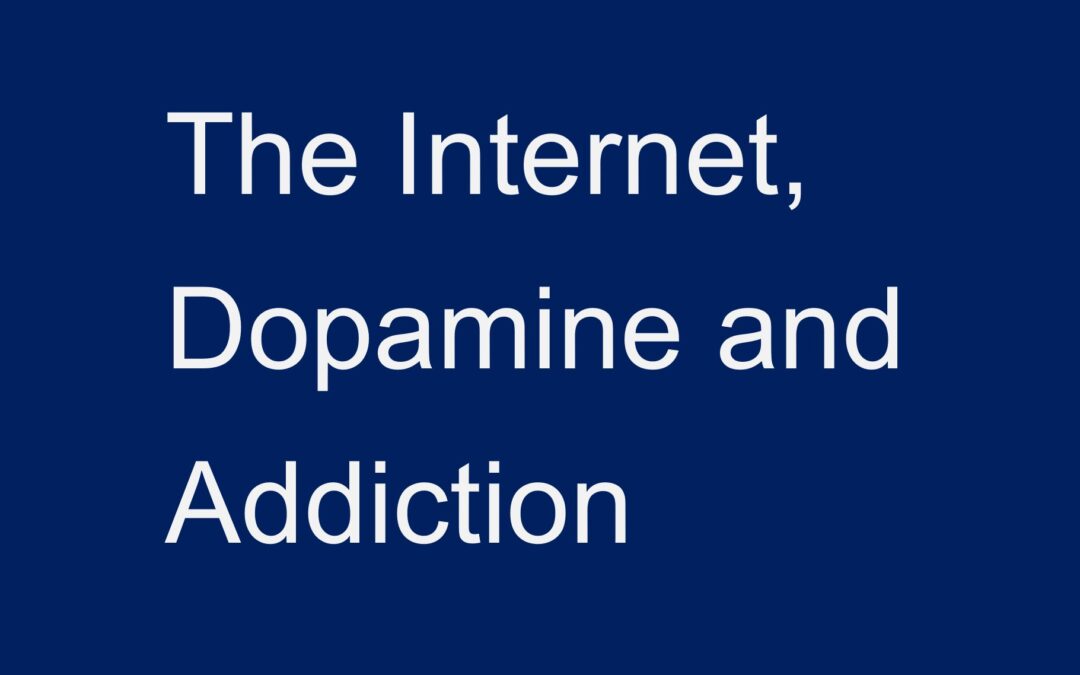
by Rev. Michael Heath | Feb 1, 2023
As Valentine’s Day approaches, the media will flood us with all sorts of romantic hype and I’m glad. Frankly, many couples, who have been together for a while, suffer from a romance deficit. So today I want to talk about why romance is so important and essential for lasting and satisfying intimate relationships.
Unfortunately, even though marital therapists realize the importance of romance, many couples don’t. When asked, however, most partners say that they would like more of it in their relationship.
Sadly, many suffer from erroneous beliefs about romance. For example, many falsely believe that, once the romantic spark is gone, it’s gone for good with no way to get it back. The good news is that there are plenty of ways to rekindle romantic feelings and restore passionate excitement to your marriage.
Given all of the misinformation surrounding romance and desire, here are the facts as well as some tips for increasing it in your relationship :

by Rev. Michael Heath | Jan 15, 2023
The long list of George Santos’ resume lies seems unending. They are an ongoing fountain of material for comedians and meme creators as well as being a huge source of amusement for Democrats.
Beyond its entertainment value, however, the George Santos debacle raises questions about the psychology of one who seems almost incapable of telling the truth. What causes one to compulsively lie ? While this is a complicated question that can’t be answered here, let’s clear up some of the confusion which exists about the phenomenon of lying in general:

by Rev. Michael Heath | Jan 2, 2023
Happy New Year ! For millions, the start of a new year is the time for making resolutions, i.e. things that folks resolve to do to improve their lives. Losing weight, exercising more and stopping smoking perennially top the most mentioned goals. BABY STEPS : An Effective Way to Approach Your New Year’s Resolutions. — | Pastoral Counseling Syracuse NY (revmichaelheath.com)
While all worthy endeavors, this year, I suggest that your efforts be about improving your mental health by focusing on self-care/mindfulness. Indeed, recent studies reveal that, due to the stress of COVID, political tension and other uncertainties, our mental health has declined.
The key to improving self-care is to appreciate its importance and to make it a priority. Unfortunately, wellness-mindfulness is sometimes misunderstood. It’s often seen as just another resolution that one knows that they should do but really don’t want to do. Resistance to self-care is often due the fact that it is externally imposed, e.g., a doctor’s recommendation to lose weight.
Pursuing healthy mindfulness often feels like having to endure deprivation of something you like or engaging in an unpleasant activity, e.g. giving up favorite foods or engaging in painful or boring activities.
A better way of looking at self-care is to view it as a commitment to one’s well-being. It’s the practice of “taking an active role in protecting one’s own physical and emotional well-being and happiness, particularly during periods of stress ” “What is self-care? | Global Self-Care Federation (selfcarefederation.org)
When seen this way, being good to yourself avoids the resistance and resentment of an externally imposed demand. Self-care becomes a freely made choice to ay attention to things that promote our health and make our lives easier.
Here are some commonly asked questions to help you get started improving your self-care: What does self-care involve? What keeps us from taking better care of ourselves? 3) What can help you to improve your self-care?

by Rev. Michael Heath | Dec 15, 2022
The problem of low self-esteem ( LSE) has been around for many years. In fact, LSE has almost become a psychological cliche which in some ways is misunderstood.
Nonetheless, having a poor self-image can cause a number of emotional and relational problems.
Today I want to clarify, refocus and define the problem of low-self-esteem as one stemming from a distorted/inaccurate perception of self. In doing so, I want to step back and explain 1) Why having a positive self-image is so important , 2) The basic components of a positive self-image and 3) How self-esteem is damaged.

by Rev. Michael Heath | Dec 1, 2022
Recently, I wrote about the problem of false guilt and shame which can interfere with a person’s ability to think clearly and relate rationally to others. False Guilt and Shame | Pastoral Counseling Syracuse NY (revmichaelheath.com)
Today I want to talk about shame and guilt about sex and the major source of these destructive feelings, i.e. traditional religious teachings about sex and pleasure. Over the centuries, traditional Roman Catholic and Protestant doctrines have caused of a lot of needless stress. And, as hard as it is to believe, they continue to be a source of pain for many.
From a psychological point of view, traditional Christian beliefs viewed normal sexual feelings to be in conflict with God’s law and, therefore, sinful. Thus, lacking positive teachings about sex, natural desires evoked feelings of sinfulness and even self-hatred.
Those who suffer with this conflict need to know that this antipathy was not always the case. It is important to understand the evolution of Christian thought and how the delights of sex found in Song of Solomon were squelched and replaced with negative views.
While complex, two major developments are largely responsible for this change: 1) apocalyptic expectations. and 2) The disappointment of those expectations experienced by the delay of the Jesus’ 2nd coming (the Parousia). Let me explain,

by Rev. Michael Heath | Nov 16, 2022
I recently wrote about how the advent of internet pornography had made raising children much more difficult for parents. ON PORN AND PARENTING | Pastoral Counseling Syracuse NY (revmichaelheath.com)
Today, I want to discuss how frequent internet activity triggers dopamine release in the brain and may lead to addiction. Specifically, I will explain how excessive time on a smart-phone use can hook its unsuspecting users .
Although addiction is an age-old problem, smart-phone technology presents a new risk . Research has confirmed the problem that parents and unhappy spouses have struggled with for years: How to get members of their family to put their phones down?
To better grasp the risk that smart phones pose for addiction we need to understand 1) Some basic neuro-chemistry. Particularly how dopamine creates addictive behaviors. 2) How folks can become addicted to their smart phones. 3) How to tell if someone is addicted to their phone. and 4) Successful treatment strategies for smart-phone addiction.

by Rev. Michael Heath | Oct 30, 2022
Few would disagree that omnipresent internet pornography harms children and poses a difficult challenge for parents. That said, many who oppose it don’t understand the real damage that it does. Worse, many of the common approaches exacerbate the problem or interfere with open communication .
Although internet porn has been around for over twenty-five years, we are now just beginning to understand how it impacts a child’s social and psychological development. To be clear, internet porn is more difficult to deal with than pornography from an earlier era. The Impact of Internet Pornography on Adolescents: A Review of the Research: Sexual Addiction & Compulsivity: Vol 19, No 1-2 (tandfonline.com)
In response, I want to examine the problem and provide some help for parents. Specifically, I want to:
— Explain why internet pornography is different from earlier X-rated materials.
— Dispel some common myths about pornography.
— Clarify how internet pornography is harmful for young children and teens.
— Debunk popular approaches to dealing with porn which do not work. and
— Offer a rational approach for teaching children about porn on the internet.

by Rev. Michael Heath | Oct 16, 2022
Recently, I received a questionnaire from my new doctor in advance of my annual wellness exam and this got me to thinking: Why not do the same for my new clients ?
In the past I’ve written a number of articles which try to explain what counseling is. Becoming Reasonable: Updating our Notions of Mental Health and Counseling. (revmichaelheath.com) Likewise, there are many books and articles which explain what to expect from counseling but not a lot which help you to mentally prepare for your first session. –What to Expect from Therapy | JED (jedfoundation.org) Many wonder if it is okay to just show up?
Although many folks do come in for their first session unrehearsed, I have found, over the years, that it’s helpful for a client to take a little time before the first appointment and ask themselves some basic questions about what it is that is bothering them.
So, today’s segment is just that, some things for folks to consider who have never gone to counseling before and who are a little uncertain about how to proceed. After all, it is intimidating to sit down with a complete stranger and talk about personal and even embarrassing problems. How does one begin ?
Reflecting on what’s bothering you not only helps to calm the jitters but it also can provide an important context from which the issue emerged. This wider perspective is necessary for the counselor to accurately assess and treat what is of concern to you.
Here are some questions to ask yourself which can help you clarify / communicate your experience to your counselor and help you get started:

by Rev. Michael Heath | Oct 1, 2022
There was a very interesting article in the Washington Post recently about how more and more therapists were opening their counseling approach to include religious beliefs and concerns. More psychotherapists are incorporating religion into their practices – The Washington Post
As a pastoral counselor, I wish to applaud this development and make some observations that I have learned over the past forty-five years of practice. Pastoral Counseling ? | Pastoral Counseling Syracuse NY (revmichaelheath.com)
First off, it is important acknowledge and to understand why religious language has been a problem for some therapists in the past. Even though cultural sensitivity and inclusiveness has increased toward race, gender and sexuality, spirituality has been neglected. One reason stems from the fact that American culture is predominantly secular. For example, in contrast to the ancient Europe, Americans build sports stadia and skyscrapers, not cathedrals. Statistically, fewer people now worship than ever before in America (less than 50%).
Another contributing factor to psychotherapy’s awkwardness towards spirituality is psychology’s open hostility to religion. For example, Freud skeptically referred to it as “mass hysteria”.
Not surprisingly, therapists tend to be less religious than the general population. Many openly acknowledge feeling awkward when encountering clients who espouse a faith or employ religious language when explaining their concerns.
Psychology’s antipathy to religion is not a secret. Not surprisingly, many clients report feeling self-conscious about their faith and sometimes are reluctant to speak of their spiritual concerns in therapy for fear of appearing “religious”.
All of this notwithstanding, it is important that clients and therapists, alike, understand that neither needs to be uncomfortable when discussing matters of spiritual or religious content. It is my belief that much of the tension between psychology and religion stems from a fundamental confusion about their roles.

by Rev. Michael Heath | Sep 15, 2022
Why do men cheat ?
I suppose, to be fair, that one should ask why do people cheat. That said, statistics show that, after the age of 25, men do tend to be more unfaithful to their spouses than women. And, as we age, the disparity increases. After age 60, the percentage of women’s extra-marital activity begins to decline while men’s continues to increase until age 70.
Gender differences aside, the real question is: Why is it so difficult for people to be faithful to one another in marriage ? While the question is complicated, there are some things that we do know.
First. there is no one reason that people have affairs. Some folks have a trauma-based sexual compulsion. Others, use sexual conquests to calm anxiety issues, similar to the way some use alcohol, drugs, gambling etc. Still others have affairs out of sheer boredom or lack of meaning in their lives or relationship.
Apart from these general distinctions, there is a myth which confuses our understanding of affairs. Many folks believe that sex is the prime reason people cheat. While the thrill of new sexual experience is a part of the attraction of affairs, research shows that that sex is not the primary motivation. Why do People Cheat Even When in Happy Relationships? (simplepractice.com) Let me explain why:









